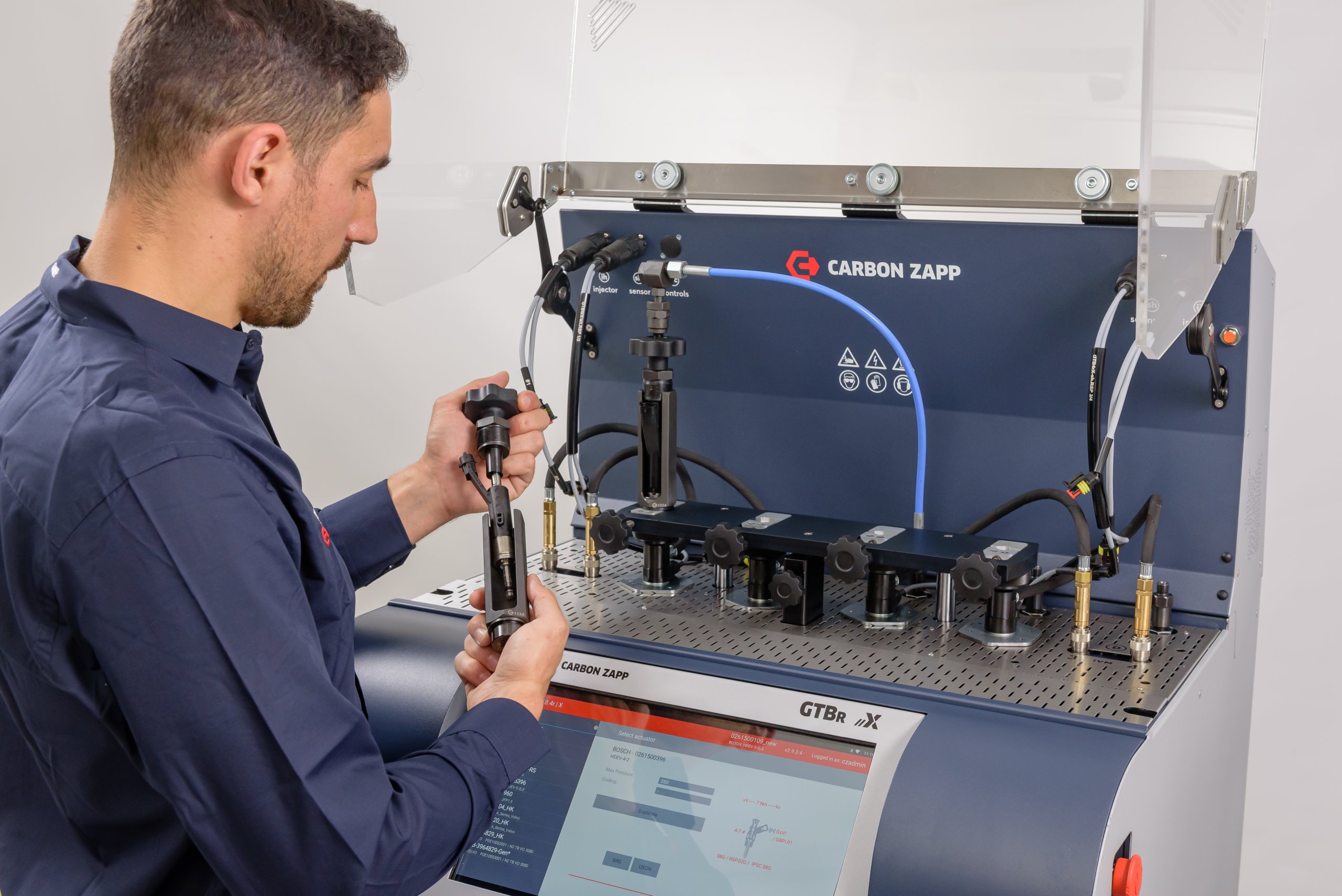Since the industrial revolution, the pace of technological innovation has continued to accelerate, none more so than in the 21st century. As consumers, we now have access to an unimaginable array of products from all over the world at affordable prices. From the latest generation smart devices and the software installed on them, to internet-connected home appliances, autonomous vehicles and more – these products have transformed our day-to-day lives, giving us access to information at the touch of a button and home comforts that we’d never dreamed of.
But all this has come at a cost. Natural resources are declining. CO2 emissions are increasing. And so we can ill afford to keep using valuable natural resources to make products, use them and then ultimately throw them away when we’re done.
Instead, we must think carefully about how we make products, what we use to make them and what we do with any material afterwards. And that’s where remanufacturing comes into play – the core of our business and what we like to think of the ultimate form of recycling. By keeping existing materials and resources in the production cycle, minimising both the use of new ones and the disposal of old ones, we can transition away from an economy that effectively takes, makes and wastes into one that reduces, reuses, recycles and recovers, otherwise known as the 4Rs or a circular economy. Only through this will we stand a chance of meeting our climate goal targets.
Not to be confused with repairing or reconditioning, remanufacturing is a highly-engineered, multi-stage process that involves thoroughly inspecting the product, dismantling it, cleaning, replacing all wearable parts with like-for-like OE, and testing and calibrating both the individual components, and the newly built unit, to ensure that it meets OE specifications. With advanced manufacturing systems, and quality assurances built into every step, OEM-approved remanufacturers like Carwood can offer a same-as, or even better-than-new product, with warranties to match, at a fraction of the cost of OE.
But whilst quality and price are a huge plus, the biggest beneficiary is undoubtedly society and the circular economy. In retaining both the material and value added – labour, energy and processes – from the original product, remanufacturing offers a number of significant advantages for the environment:
Raw material savings: by reusing the core remanufacturing uses a lot less raw material than would otherwise be used to make new products. Indeed, it is estimated that remanufacturing can save up to 70% of the resources versus new.

Reduced energy consumption: because much of the material already exists in its final form, and therefore only a fraction of the work is required to process it, it uses a lot less energy than new too – around 85% less. World and industry wide it is thought that remanufacturing can save approximately 400 trillion BTUs of energy annually. That’s enough gasoline to run 6 million cars for a year.

Lower CO2 emissions: by reducing the demand for energy-intensive materials and processes, remanufacturing can also help to reduce greenhouse gas emissions.

Less material to landfill: finally, by keeping material in use for longer, there is significantly less waste to dispose of, meaning less material ends up in landfill.

By extending the lifetime of what may have previously been an end-of-life or end-of use part, often for multiple lifecycles, remanufacturing is a vital component of the circular economy. And will be instrumental in achieving zero-waste and zero-emissions objectives, without compromising on the quality of the product.
For these reasons, most, if not every vehicle manufacturer has a remanufactured parts programme in place – Carwood supplies many of them. As well the environmental benefits, given the age and complexity of today’s vehicle’s, remanufacturing is often the only viable way automakers can ensure their parts are available throughout a vehicle’s lifetime too.
For the independent aftermarket, reman will also become an increasingly significant opportunity. With an OE quality, cost effective and sustainable product, technicians can offer their customers a genuine alternative to new, that’s both better for the environment and their wallet. And sometimes performs even better than the original part.
We call that a win-win for everyone. From the vehicle manufacturer to the motor factor, the garage to the vehicle owner. But the biggest winner of all – the environment.
For more on our line-up of OE-approved remanufactured fuel injection, turbocharger, engine, rotating electric and electronic parts, carry on reading at Carwood.co.uk
Remanufacturing. Why doing more with less is good for the circular economy.
21st April 2021





